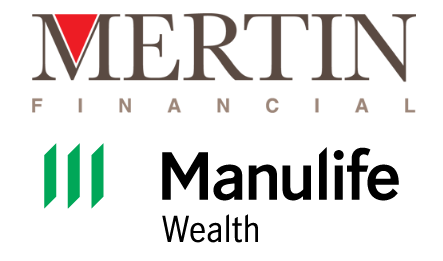How does Disability Insurance protect a Buy-Sell Agreement?
Article Licenses: unknown
Advisor Licenses:
Compliant content provided by Adviceon® Media for educational purposes only.
Disability Buy-Sell Agreements

A detailed look at two ways to guard against potential liabilities when a significant shareholder becomes disabled.
Two strategies protect shareholders against the liabilities of another significant shareholder becoming disabled.
Criss-Cross Buy-Sell Agreement
- The agreement provides for a mandatory sale and purchase of an interest in the corporation once a shareholder has been disabled for a specified period.
- Shareholders own disability insurance on each other to fund the purchase.
- The agreement guarantees to purchase the disabled partner’s business interest throughout the policy’s payout period.
- Premiums are paid with after-tax income.
- Policyowners receive tax-free disability benefits.
- An allowable reserve can offset capital gains on the asset’s sale for a time if the entire proceeds are not collected upfront.
- Personally owned income replacement insurance is generally purchased in addition to the above coverage to provide an income (in addition to the buy-out benefit) to the disabled shareholder.
Corporate Share Redemption
- The agreement provides for the mandatory redemption of the shares once a shareholder has been disabled for a specified period.
- A taxable dividend, equivalent to the total amount of the purchase price, less the paid-up capital value of those shares, is deemed to have been received in the year in which the redemption of the shares takes place.
- The dividend is subject to the Dividend Tax Credit and the Alternative Minimum Tax rules.
- A lump-sum disability insurance contract owned by the corporation covers the funds required for the redemption.
- The corporation could pay out an amount in addition to the redemption value to cover taxes payable by the disabled shareholder.
- A promissory note can cover shortfalls in payment
Note: Life insurance taxation varies in accord with the strategies used by the life insurance specialist, changing legislation, and hiring an accountant to guide significant business strategies relative to succession or an estate.
The Advisor and Manulife Securities Incorporated, ("Manulife Securities") do not make
any representation that the information in any linked site is accurate and
will not accept any responsibility or liability for any inaccuracies in
the information not maintained by them, such as linked sites. Any opinion
or advice expressed in a linked site should not be construed as the opinion
or advice of the advisor or Manulife Securities. The information in this
communication is subject to change without notice.
This publication contains opinions of the writer and may not reflect opinions
of the Advisor and Manulife Securities Incorporated, the information contained
herein was obtained from sources believed to be reliable, no representation,
or warranty, express or implied, is made by the writer, Manulife Securities or
any other person as to its accuracy, completeness or correctness. This
publication is not an offer to sell or a solicitation of an offer to buy any
of the securities. The securities discussed in this publication may not be
eligible for sale in some jurisdictions. If you are not a Canadian resident,
this report should not have been delivered to you. This publication is not
meant to provide legal or account advice. As each situation is different you
should consult your own professional Advisors for advice based on your
specific circumstances.





